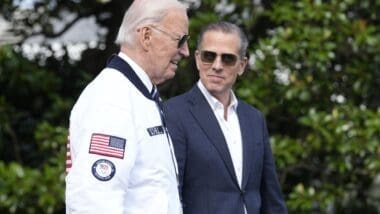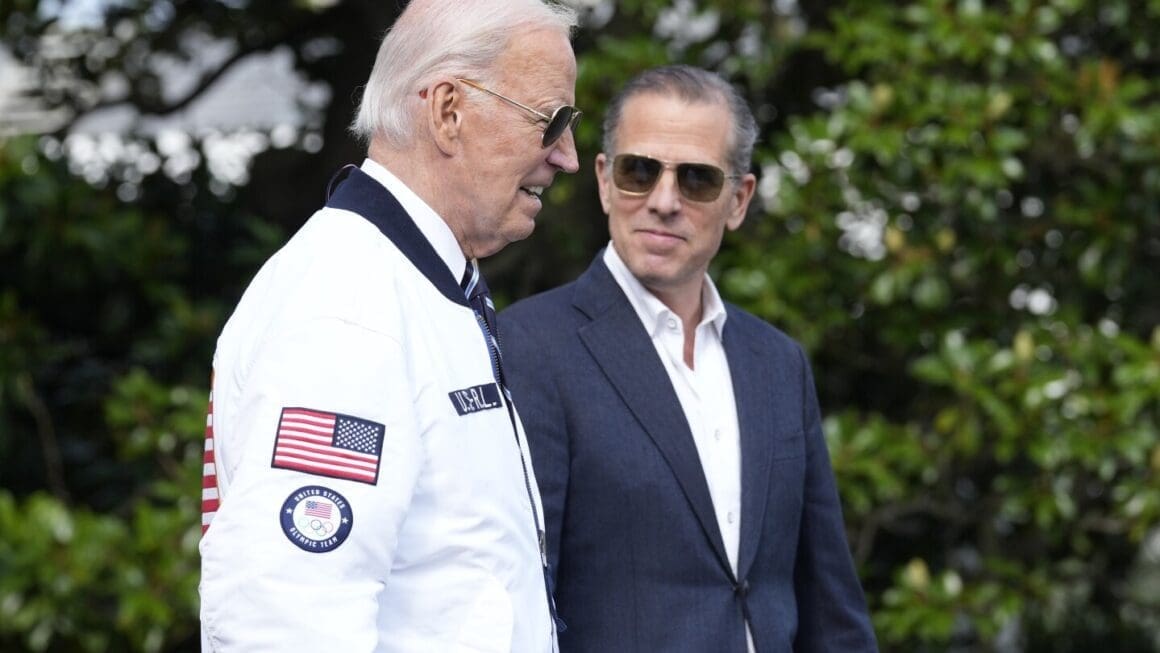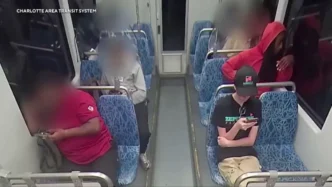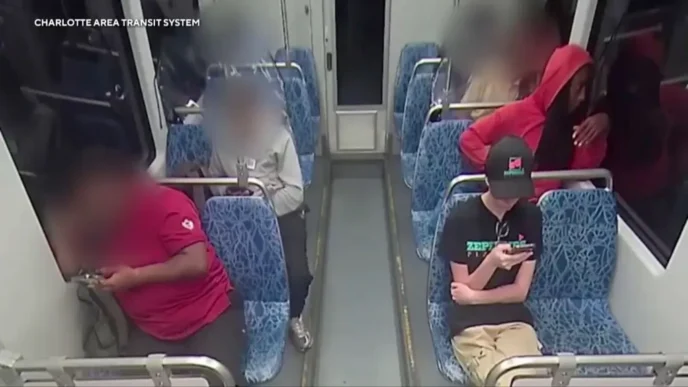On Sunday night, President Joe Biden exercised his presidential powers to pardon his son Hunter Biden, bringing an unexpected twist to the ongoing legal battles facing the younger Biden.
President Joe Biden’s decision to pardon his son Hunter has sparked significant attention, given his previous commitments to avoid using his presidential powers for personal family matters. Hunter Biden was facing potential prison time following federal felony convictions related to gun purchases and tax evasion.
The pardon comes just weeks before Hunter was due for sentencing on charges stemming from cases in Delaware and California. Hunter was convicted in Delaware for lying on a federal form about his drug use when purchasing a gun in 2018, while in California, he faced charges for failing to pay over $1.4 million in taxes. Initially, Hunter agreed to plead guilty to some of these charges to avoid a lengthy trial, hoping to shield his family from further public scrutiny. However, the gun charges alone could have resulted in up to 25 years of imprisonment, though less severe penalties were expected under federal guidelines.
Biden’s pardon of his son marks a departure from his earlier assurances to Americans of upholding legal norms and not intervening in his son’s legal troubles. In June, Biden stated, “I abide by the jury decision. I will do that and I will not pardon him.” Despite such assertions, pressure appears to have mounted as President-elect Donald Trump prepares to step into office. The pardon serves as a controversial endnote to Biden’s term, which promised a return to respect for legal processes after Trump’s tenure. Biden justified his actions by suggesting the prosecutions were politically motivated and that the charges were a result of opposition from political adversaries.
Hunter Biden, in his statement, expressed gratitude for the pardon, acknowledging his past mistakes during what he described as “the darkest days” of his addiction. He emphasized his ongoing commitment to using his second chance to support others facing similar challenges. Meanwhile, special counsel David Weiss, who led the charges against Hunter, has yet to comment on the pardon.
This act of clemency is not without precedent. President Trump, during his administration, issued pardons to several allies, including Charles Kushner, highlighting the discretionary power wielded by presidents in regards to pardons.
The pardon of Hunter Biden by President Joe Biden underscores a complex interplay of familial loyalty, political pressure, and the discretionary powers of the presidency. As debates continue, the implications of this decision remain a subject of national conversation.
Source: Apnews














